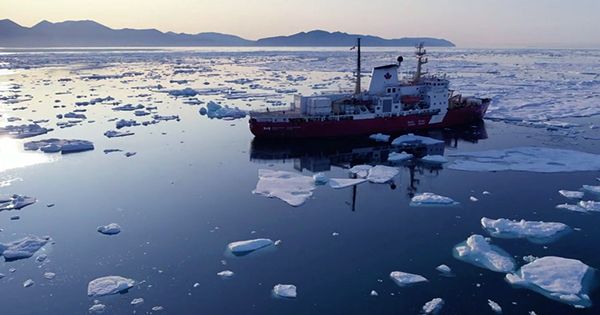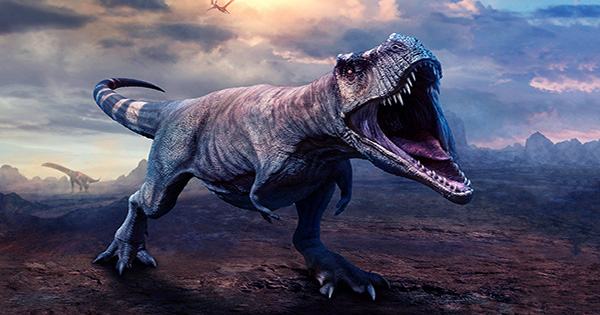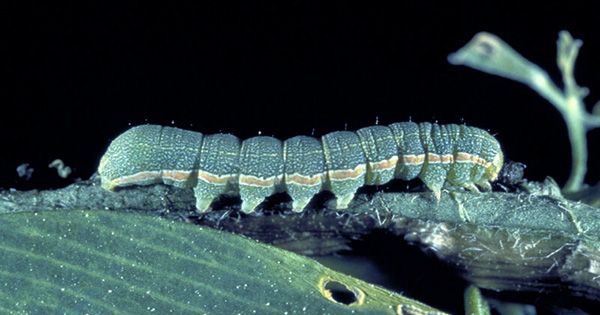After years of expanding the depths of the Atlantic Ocean, scientists have discovered at least 12 deep-sea species that were previously unknown to science. Their discoveries highlight how much of our planet’s oceans are still in undisturbed regions, yet not safe from climate change and environmental stress. The new discoveries come from the Atlas Project, an international effort to better understand the deep-water ecosystems of the North Atlantic Ocean. Through 445 research expeditions involving 60 scientists and student volunteers over the past four years, researchers have now unveiled a number of key discoveries, including new species and fresh insights into their global ecosystem.
The 12 new species include seaweed, powdery and deep-sea coral. The new images also reveal a rich array of extraordinary sea life, including fish and crustaceans, which no science-film movie shows out of place. It was once hoped that the deep-sea ecosystem would be somewhat protected from many of the effects of climate change. Recent research, however, has shown that the deep oceans are also not resistant to warming ocean temperatures. When the surface water warms up at a remarkably rapid rate, the depths of the ocean begin to feel burning and the animals living there may soon experience some dramatic changes.
Professor J Murray Roberts, co-ordinator of the ATLAS project from the University of Edinburgh’s School of GeoSciences, said in a statement, “Everyone knows how important it is to take care of the growing rain forest and other valuable habitats in the summer, but very few people realize that there is not much, much special place in the ocean.” “Atlas we’ve studied the weakest ecosystems in the deep Atlantic and we now realize how important, interconnected, and fragile they really are.”
Climate change is not just a threat to the deep ocean. Human activities such as deep-sea excavation and extraction of fossil fuels are also becoming increasingly strained in these ecosystems. The effects of these disturbances on seawater can be prolonged for decades and spread across a wide range of ecosystems. A recent study of the deep ocean in the Pacific Ocean, about 4,000 meters (2.5 miles) below sea level in the Peruvian Basin, found that deep-sea mining can have a profound effect on bacterial life, helping to support everyone working on life at sea. It takes at least 50 years for germs to fully resume their normal function after being disturbed by minerals.
Through this new work in Atlas, researchers hope to guide new policies and protections that can help save this low-burden environment before it’s too late. Professor Roberts said, “The challenge for the next decade will be to embrace this new scientific and social understanding and use it to create better plans and policies for truly sustainable humanitarian action in the ocean.”
















